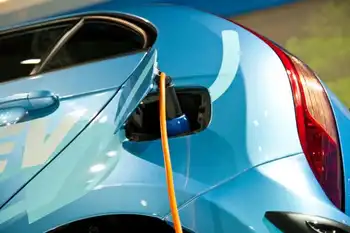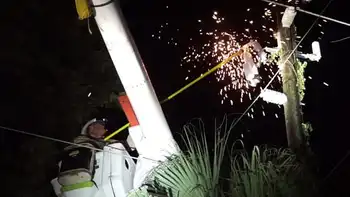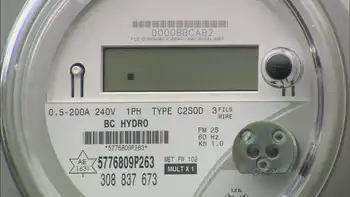California seeks smooth adoption of cap-and-trade
By Reuters
Protective Relay Training - Basic
Our customized live online or in‑person group training can be delivered to your staff at your location.

- Live Online
- 12 hours Instructor-led
- Group Training Available
California vaulted to the vanguard of U.S. climate change in 2006 with an aggressive law that aimed to cut greenhouse gas emissions to 1990 levels by 2020 and make it the trend-setter in clean energy and technology.
But critics say the law will only raise energy prices and drive away businesses and jobs.
Hoping to settle the matter, the state will release a revised economic analysis of the law, after an early version of the report was criticized by all sides. The new results show the law having only a marginal net impact on the economy and is a net creator of jobs, California Air Resources Board Chairman Mary Nichols said in an interview.
"The wind is at our backs. It is not pushing us in the opposite direction," she said. "Jobs will continue to be created."
Cap-and-trade plans like those in Europe and proposed for the U.S. Northeast aim to cut emissions of carbon dioxide and other greenhouse gases linked to global warming by limiting total emissions and then letting power plants and other polluters buy and trade credits to emit.
Market forces in theory spark positive change as companies that can cut emissions for the least cost do so and sell their credits for a profit.
System designers must walk a fine line between creating prices so high that they shock the system and so low that they have no effect. One key to the cost of the system is whether emitters are given credits or must buy them.
A California economic advisory group earlier this year recommended all credits be auctioned, an approach that economists and environmentalists support, but which businesses tend to say would be too expensive.
"The idea is to make the implementation as seamless and as simple as possible," said Nichols, who favors a less abrasive approach than auctioning all credits. "That is not a very feasible option, at least for the beginning of the program," she said. "Generally my preference would be to do something that increases over time."
California may also have to contend with a new federal plan, if Massachusetts Sen. John Kerry and his allies in Congress are successful with a plan they see as a compromise with previous, more ambitious efforts.
"The programs can absolutely blend together," Nichols said. California Governor Arnold Schwarzenegger, a strong proponent of the state's global warming law, had discussed plans with Kerry, who was supportive of the state's right to run its program in parallel with a federal program, she said.
Other federal proposals could clash with state plans.
California had been considering including transportation fuels in its first round of cap-and-trade in 2012, which may not fit into the plan being formulated by Democrat Kerry, Republican Senator Lindsey Graham and independent Senator Joseph Lieberman.
"In general we are looking at trying to do something that can be phased in successfully with what is being considered at the federal level, which would argue against putting transportation (fuels) in at the very beginning," Nichols said.











